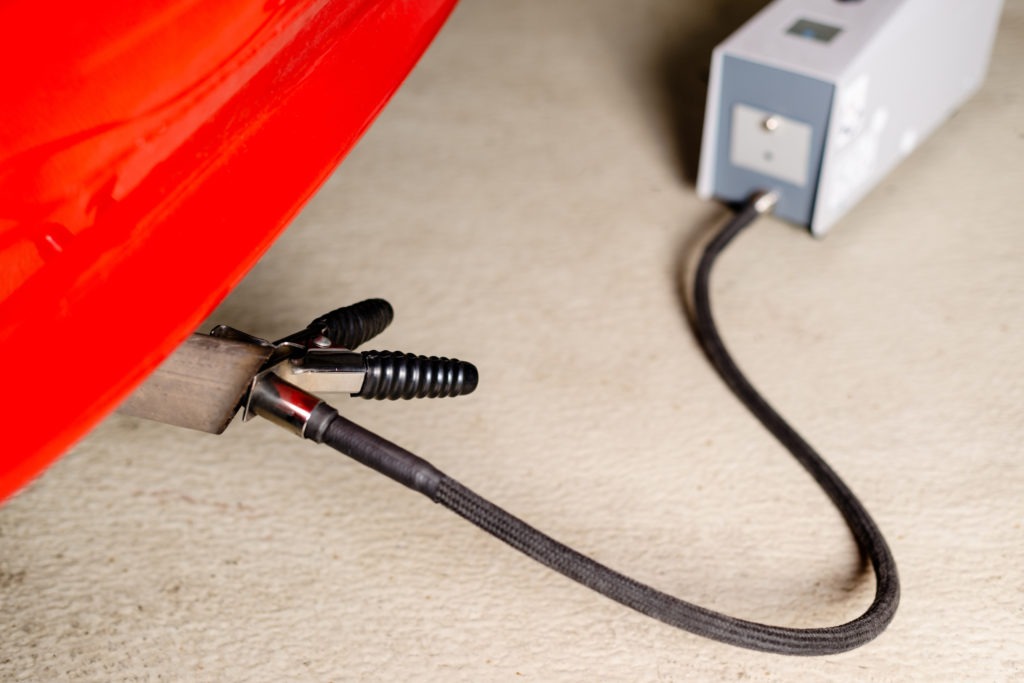Austria investigates companies in VW scandal as EU fraud office passes evidence to prosecutors
02 August 2017

2 August 2017
Authorities in Austria are the latest to be drawn into the investigation over the Volkswagen (VW) emissions scandal, with two companies under examination in the country.
While VW itself is not directly involved, investigators are examining the companies for suspected serious fraud, environmental offences and financial crimes in relation to Dieselgate. A″¯spokeswoman for the WKStA prosecutor’s office said investigations had been ongoing for several months and are likely to continue for years. She declined to name the companies or individuals involved.
The news widens the number of companies involved in investigations over the scandal, which erupted in 2015 and has cost VW upwards of $25 billion (€22.6 billion) in the US, where it was found guilty of cheating emissions tests. The scandal also hit the diesel market, and has caused sales to fall while manufacturers defend the technology.
Meanwhile, the European anti-fraud office investigating whether Volkswagen Group used EU funds and European Investment Bank (EIB) loans to develop devices that cheated emissions tests has sent its judicial recommendations to German prosecutors.
The anti-fraud office OLAF said it had investigated whether there was any link between funds VW received and the production of engines or devices that could be used to manipulate emissions tests. The manufacturer has denied misusing the funds, insisting instead that they were used for their designated purpose.
′OLAF sent its final report and a judicial recommendation to the German national authorities, namely the public prosecutor’s office in Braunschweig, Germany, as well as an administrative recommendation to the European Investment Bank,’ the office commented. It added it had recommended the EIB review the implementation of its anti-fraud policies.
In May 2016, the body announced that VW had repaid two €975 million loans ahead of schedule.
EIB has already been caught up in the emissions scandal, having to distance itself from claims that Renault used loan funds to develop cheating software. The bank approached the public prosecutor’s office in Paris during March 2017 while it was carrying out investigations into the French car company, to identify whether €800 million of loans was misused.
In total, the EIB has loaned more than €8 billion to support the development of low-emissions vehicles, including VW and Renault diesel cars.
Finally, prior to the country’s National Diesel Summit, the German Government opened up to the idea of instigating class-action lawsuits against vehicle manufacturers based in the country over the diesel emissions scandal.
With national elections scheduled for 24 September 2017, the ruling conservative bloc is looking to stem public anger over its prior defence of the industry. Proposals have been tabled to reform the country’s law that does not allow hundreds or thousands of claimants to band together to press legal claims, like VW is facing in the US, the Netherlands and Italy. However, it is unlikely any change in law would be made prior to the election.